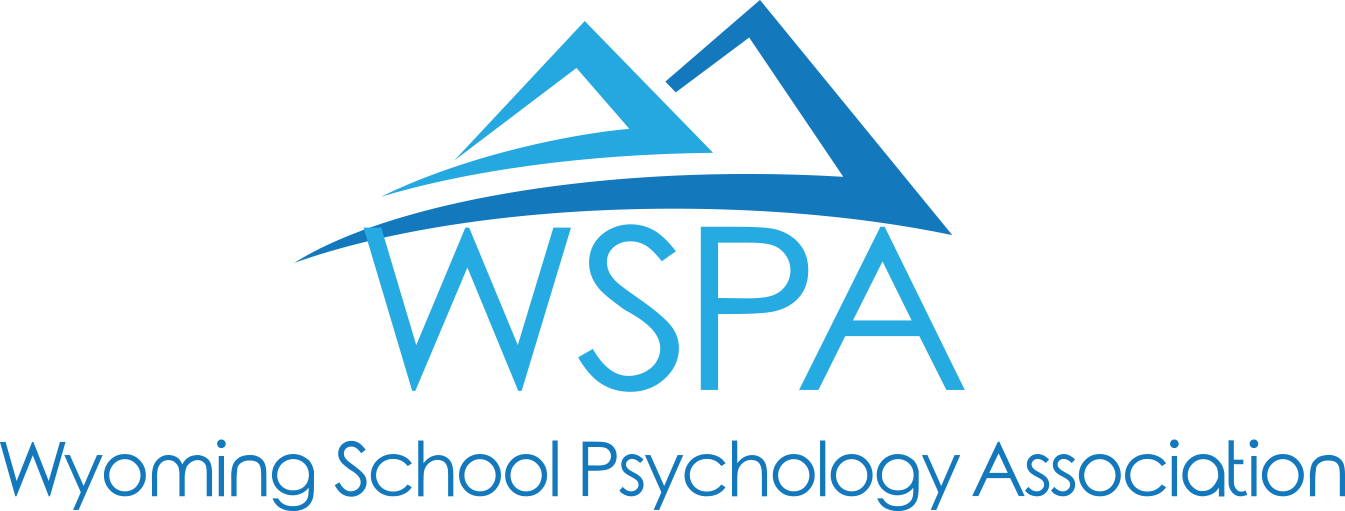***Post written by Sarah Perkins, president, website administrator, and membership chair for WSPA***
I recently read the book Drive: The Surprising Truth about what Motivates Us by Daniel H. Pink and it got me thinking about motivation in school psychology. Education professionals are rarely motivated by the classic carrot and stick model. Instead, driven by a sense that we are making a difference, that we have unique skills that fulfill a need, and/or a passion for children or the field of school psychology.
I find that in order to ensure that everyone in my team is happy and working well to together, it is imperative that I understand the primary motivation of each member. For example, I have one team member who is only happy if she engages personally with several students throughout the day. I have another who finds purpose in intervening in a crisis and bringing it down. I have a third who is very interested in improving systems and streamlining procedures. If the third one, ended up doing one-on-one reading interventions all day, he would be very frustrated. If the first was asked to design a reminder system of upcoming due dates, she would feel isolated.
It occurred to me that if I am willing to take the time to consider these nuances for staff, I should give students at least as much consideration. I wonder if perhaps our approach to behavior plans and other student motivation tools can be a bit too simplistic at times. I am sure some of you always take the time to check with students about what at school feels meaningful, but I sometimes get too focused on the specific behavior and how to reward a replacement. While children enjoy rewards and dislike the loss of preferred activities, their motivation surely has many of the complexities of adult motivation. This was a reminder to me to ensure that behaviorism is not the only tool in my belt that I take out.

That reminds me of a book I read called “Activating the Desire to Learn by Bob Sullo”, it discussed William Glasser’s choice theory and how a person is born with specific needs that are biologically internally motivated.
4 basic psychological needs
1. Belonging or connection – develop friendships and cooperation
2. Power or competence, achieve mastery, recognize accomplishments and use knowledge
3. Freedom – free to choose in a respectful way that supports learning
4. Fun – is the genetic pay-off of learning it’s a universal motivator
The goal in school is to “help students discover that learning helps them connect, be competent, have choices, and be free all in one environment that promotes safety and survival” and I could add, fun.
Good reminders, Sarah! I too think we should always be building relationships to better understand and know what motivates our colleagues and students. The more we understand one another’s motives and motivators, the better we will work together.
Dan Pink has written some really exciting stuff. I have every book he wrote. And a couple autographs, too!